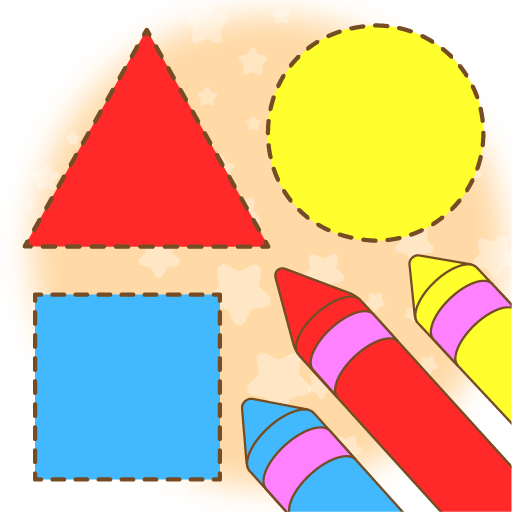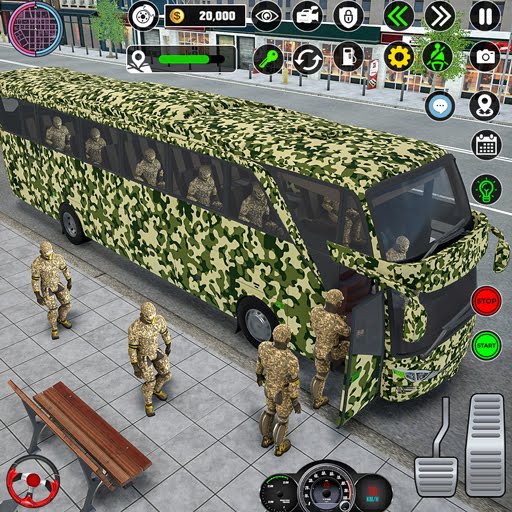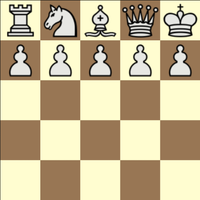Board gaming is a delightful hobby, thanks to the vast array of new games available today. Whether you're into family board games, strategic challenges, or any other genre, there's something for everyone. However, the excellence of modern games doesn't diminish the value of older ones. Classic board games have remained popular among beginners and seasoned players alike for good reason—they're timeless.
TL;DR: The Best Classic Board Games
 ### Azul Board Game
### Azul Board Game
1See it at Amazon ### Pandemic
### Pandemic
0See it at Amazon ### Ticket to Ride
### Ticket to Ride
0See it at Amazon ### Catan
### Catan
0See it at Amazon ### Sherlock Holmes: Consulting Detective
### Sherlock Holmes: Consulting Detective
0See it at Amazon ### Can't Stop
### Can't Stop
0See it at Amazon ### Acquire 60th Anniversary Edition
### Acquire 60th Anniversary Edition
0See it at Amazon ### Diplomacy
### Diplomacy
0See it at Amazon ### Yahtzee
### Yahtzee
0See it at Amazon ### Scrabble
### Scrabble
0See it at Amazon ### Othello
### Othello
0See it at Amazon ### Crokinole
### Crokinole
0See it at Amazon ### Liar's Dice
### Liar's Dice
0See it at Amazon ### Chess - Magnetic Set
### Chess - Magnetic Set
0See it at Amazon ### Playing Cards
### Playing Cards
0See it at Amazon ### Go - Magnetic Board Game Set
### Go - Magnetic Board Game Set
0See it at AmazonModern board games have evolved significantly since the mid-'90s, but exploring the classics from earlier years can unearth hidden gems that have stood the test of time. Below, we present some of the best classic board games in reverse chronological order.
Azul (2017)
 ### Azul Board Game
### Azul Board Game
1See it at AmazonAzul, released in 2017, quickly became a modern classic, particularly notable within the challenging abstract genre. It's visually stunning, with its vibrant, chunky tiles resembling sweets. The gameplay is simple yet engaging: players take matching tiles from pools and arrange them on their boards, aiming to fill rows which then score points based on neighboring tiles and completed sets. Despite its simplicity, Azul offers a surprising depth and strategic interaction that keeps players coming back for more.
For more details, explore our in-depth review of Azul or check out its various expansions.
Pandemic (2008)
 ### Pandemic
### Pandemic
0See it at AmazonPandemic is the pioneering game that popularized cooperative gameplay. Players work together to save the world from outbreaks of diseases, represented by cubes on a global map. The game's mechanics are clever yet easy to grasp, creating an engaging race against time. With multiple expansions and off-shoots, Pandemic continues to offer fresh challenges and cooperative fun.
Ticket to Ride (2004)
 ### Ticket to Ride
### Ticket to Ride
0See it at AmazonCreated by Alan R. Moon, Ticket to Ride is a highly accessible game based on the familiar Rummy card game. Players collect colored cards to claim train routes, aiming to connect cities as per their ticket cards. The game's tight maps and competitive blocking mechanics make for thrilling gameplay. With its mass-market appeal and numerous expansions, Ticket to Ride remains a beloved classic.
Settlers of Catan (1996)
 ### Catan
### Catan
0See it at AmazonOriginally known as The Settlers of Catan, this game revolutionized modern board gaming. Its blend of dice mechanics, trading, and strategic route planning was groundbreaking. Despite its decline in popularity, Catan's historical significance and engaging gameplay make it a must-play for any board game enthusiast.
Sherlock Holmes Consulting Detective (1981)
 ### Sherlock Holmes: Consulting Detective
### Sherlock Holmes: Consulting Detective
0See it at AmazonThis unique game combines elements of board games, mystery-solving, and choose-your-own-adventure narratives. Players explore Victorian London to solve cases, competing against the great detective himself. Its atmospheric storytelling and challenging puzzles, along with numerous expansion packs, make it a timeless classic.
Can't Stop (1980)
 ### Can't Stop
### Can't Stop
0See it at AmazonDesigned by Sid Sackson, Can't Stop is a lively and accessible game where players race to reach the top of three columns on a board. The game's mechanics involve rolling dice and deciding whether to push your luck or end your turn safely. Its balance of luck and strategy, along with a mobile version, keeps it fresh and exciting.
Acquire (1964)
 ### Acquire 60th Anniversary Edition
### Acquire 60th Anniversary Edition
0See it at AmazonAnother Sid Sackson masterpiece, Acquire is often credited with laying the groundwork for modern board gaming. Players build, merge, and invest in companies, navigating a grid to maximize profits. Its blend of spatial and economic strategy remains captivating, as detailed in our review of the 60th Anniversary Edition.
Diplomacy (1959)
 ### Diplomacy
### Diplomacy
0See it at AmazonDiplomacy has a notorious reputation for testing friendships with its strategic depth and inevitable betrayals. Set in 19th-century Europe, players must form alliances to conquer territories, with simultaneous movement adding a layer of unpredictability. Its intense gameplay and historical significance make it a classic.
Yahtzee (1956)
 ### Yahtzee
### Yahtzee
0See it at AmazonYahtzee is the quintessential roll-and-write game, where players roll dice and strategically fill a scorecard. Despite its reliance on luck, the game requires skill and statistical thinking, making it more engaging than it seems. Fast-paced and family-friendly, Yahtzee is a timeless favorite.
Scrabble (1948)
 ### Scrabble
### Scrabble
0See it at AmazonScrabble combines vocabulary and spatial strategy, challenging players to form words from random letters. While turns can be long, the game's balance of knowledge and tactical play keeps it engaging. Its widespread popularity ensures you'll always find someone willing to play.
Othello / Reversi (1883)
 ### Othello
### Othello
0See it at AmazonOften mistaken for an ancient game, Othello is a modern classic where players flip opponent's pieces by sandwiching them. Its simple rules belie a deep strategic game that can turn in an instant, making it a compelling battle of wits.
Crokinole (1876)
 ### Crokinole
### Crokinole
0See it at AmazonCanada's Crokinole is the ultimate dexterity game, requiring skill to flick disks into scoring zones. While boards can be pricey, they're beautiful and functional, making them a conversation piece. The game's mix of skill and strategy makes it a cherished classic.
Perudo / Liar's Dice (1800)
 ### Liar's Dice
### Liar's Dice
0See it at AmazonKnown by various names, Liar's Dice is a game of bluffing and probability. Players bid on the total value of hidden dice, challenging others to call their bluff. Its simple setup hides a deep strategic game, making it a fun and engaging classic.
Chess (16th Century)
 ### Chess - Magnetic Set
### Chess - Magnetic Set
0See it at AmazonChess, with origins tracing back to 600 AD, is one of the most recognized strategy games. Evolving from the Indian game Chaturanga, modern chess has captivated players worldwide. Its depth and strategic complexity make it a timeless classic, with numerous beautiful sets available for enthusiasts.
Playing Cards (~900 AD)
 ### Playing Cards
### Playing Cards
0See it at AmazonOriginating in China, playing cards offer endless gaming possibilities. From poker to bridge and beyond, a standard deck can be used for thousands of games. Modern designers continue to innovate with card games, making a deck a versatile addition to any gaming collection.
Go (~2200 BC)
 ### Go - Magnetic Board Game Set
### Go - Magnetic Board Game Set
0See it at AmazonGo, a game of profound strategic depth, originated in China and is popular in Japan. Players place stones on a grid, capturing opponents' pieces by surrounding them. Despite its simple rules, Go's complexity has only recently been challenged by AI, making it a game that can last a lifetime.
What makes a board game a “classic”?
The term "classic" is subjective and depends on various factors. Key criteria include units sold, influence on other games, and brand familiarity. For instance, Ticket to Ride has sold over 10 million copies and is widely available, marking its transition from a hobby game to a classic. Influence is seen in games like Acquire, which introduced innovative concepts decades before other popular titles. Brand familiarity is evident in games like Chess, which everyone recognizes, and Diplomacy, known for its intense gameplay. These elements combine to define what makes a board game a timeless classic.















